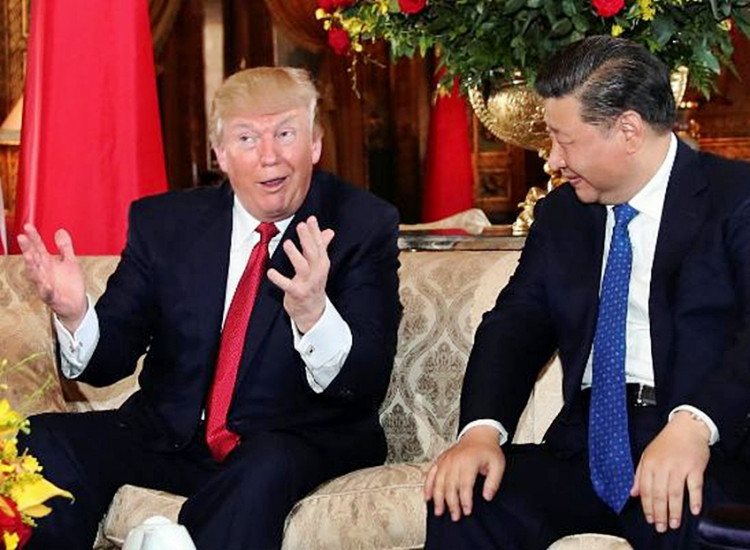Any new trade deal stemming from negotiations to prevent the imposition of harsher tariffs on Chinese imports to the United States must come with enforcement mechanisms for it to be considered a success.
This caveat was delivered by the United States Chamber of Commerce (USCC), the largest lobbying group in the U.S.
USCC argues that promises from China to buy more American goods and fix some economic structural issues mean nothing for the U.S. if Trump's administration doesn't find ways to enforce a trade agreement with China.
"Without enforcement, this deal fails," said Myron Brilliant, USCC executive vice president and head of international affairs to MSNBC.
"Implementation and enforcement are going to be two key elements. So, you need to have an implementation. You need to have follow-through, but you need to have enforcement mechanisms that will ensure that both sides have trust that this deal is sustaining and verifiable."
Brilliant said enforcement mechanisms might include a "snapback" in tariffs if China doesn't adhere to the terms of the deal. He said another option will be for the U.S. to "delay the reduction of tariffs being reduced from 10 percent down to zero" depending on China's observance of the agreement.
Brilliant admitted these punitive measures won't be well received by the Chinese government. He is, however, one with the U.S. business community is hoping some sort of agreement will be made to mitigate the increasingly ruinous trade war with China.
"Enforcement is going to be a critical component of this deal, but we need a deal. The markets are nervous; the markets will not respond if there isn't a good deal," said Brilliant.
Brilliant's talk of enforcement mechanisms, however, appears unrealistic as the ongoing trade talks keep producing nothing but failure.
The Trump administration is now seriously considering a 60-day extension to the March 1 deadline, the clearest indication yet that three rounds of talks have failed to produce any breakthrough. This failure also leaves open the question as to why Trump needs to meet Chinese president Xi Jinping next month.
Several sources cited by Reuters said there has been no major progress on meeting the Trump administration's demands. "Stalemate on the important stuff," said one of the sources.
"There's still a lot of distance between parties on structural and enforcement issues," said a second source. I wouldn't quite call it hitting a wall, but it's not a field of dreams either."
Other media reports say both sides are trying to reach a memorandum of understanding, which will likely be the only concrete and verifiable result from the failed talks last week in Beijing.
A few days ago, Trump said he could let the deadline for a trade agreement "slide for a little while," but didn't set any specific date for a new deadline. He said he would prefer not to set a new deadline but still expects to meet with Xi to close the deal.
Trump's advisers previously told him March 1 was a "hard deadline" now impossible to meet.






